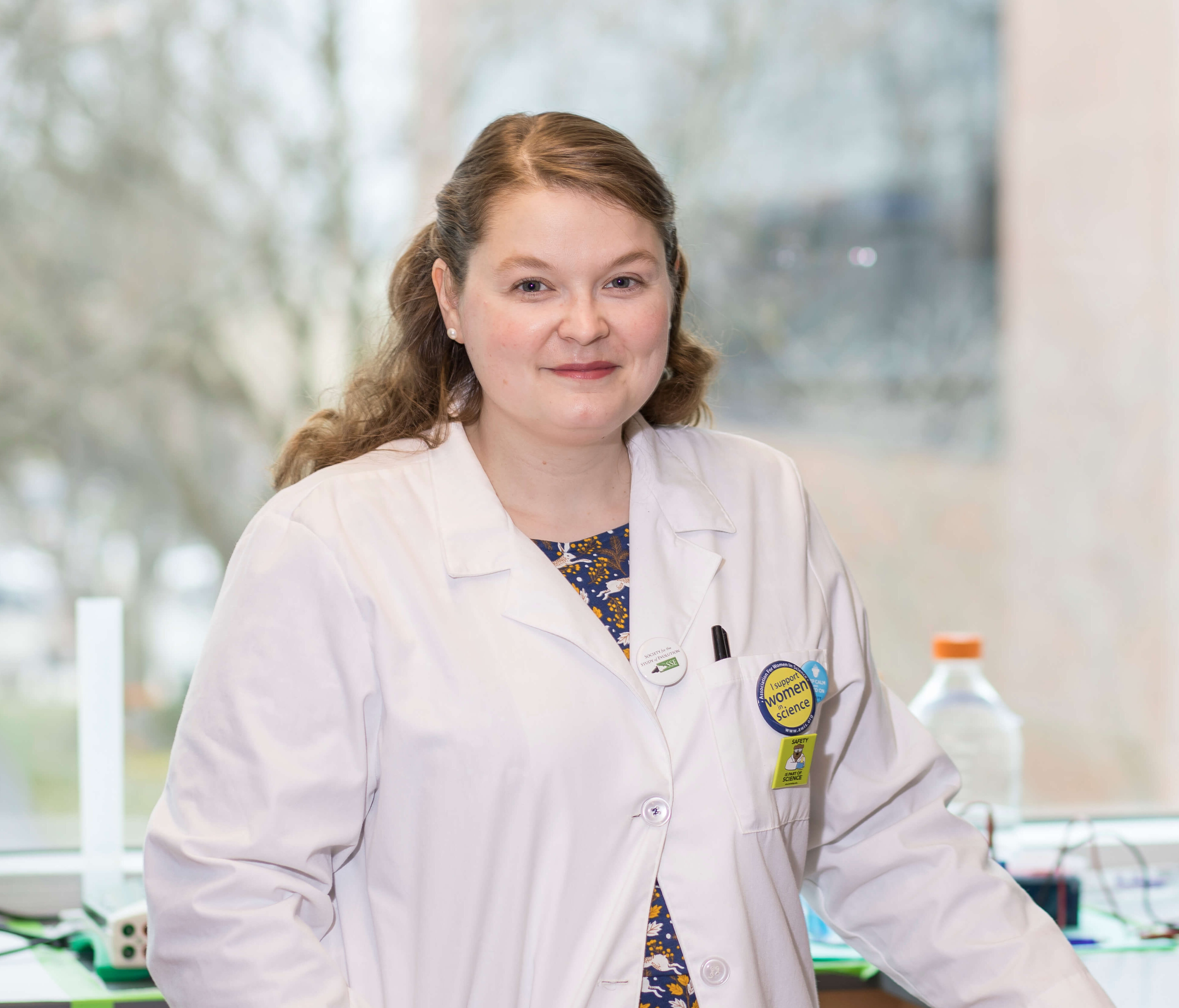Megan Phifer-Rixey, Ph.D., assistant professor of biology, began fieldwork for the five-year, $1.1 million grant received from the National Science Foundation (NSF) initiative, the Faculty Early Career Development (CAREER) Program.
The Phifer-Rixey lab and Monmouth University undergraduate students, Erin Oscar, Emily Olynyk, Julia Panebianco, and Nico Landino, started collecting data in July for their new project: investigating the impacts of urbanization on house mice.
“This is an ambitious project, but we have made a great start. We have focused a lot on training and students are learning new skills like extracting DNA and making natural history specimens. Students in the lab have also been instrumental in troubleshooting and refining protocols to actually work in the field, given all of the time and space constraints we have. The team has gotten a chance to see trapping in action and actually collect data,” Phifer-Rixey said.
Postdoctoral researcher Madeline Balman, Urban Evolution Technician Teresa Pacelli, and Ocean County Community College student Rebecca Mendoza are also working on the project.
Balman has been coordinating with farmers and property owners to live trap house mice in the Philadelphia metro area, while students have been developing protocols, analyzing data, and processing samples.
The lab will continue to collect house mice through October and are still searching for participants in Philadelphia, and nearby areas in Bucks, Montgomery, and Chester counties; New York City, and nearby rural areas in Dutchess, Delaware, Ulster, Sullivan, and Broome counties; and Richmond, Virginia, and nearby rural areas in Caroline, Chesterfield, Hanover, Henrico, and King William counties.
This was the first CAREER grant, and second NSF award, to be received by a Monmouth University faculty member, and is the first for Phifer-Rixey.
She was recognized in December 2021 with the NSF grant to support her research on the evolutionary impact of urban environments on house mice and to provide educational experiences and resources for undergraduate students.
The program is scheduled to run until August 31, 2026, with a one-year, no-cost extension as a potential option following the deadline. The extension is dependent on the availability of additional funds.
Those interested in participating, or know someone that may be interested, can email the Phifer-Rixey lab.

